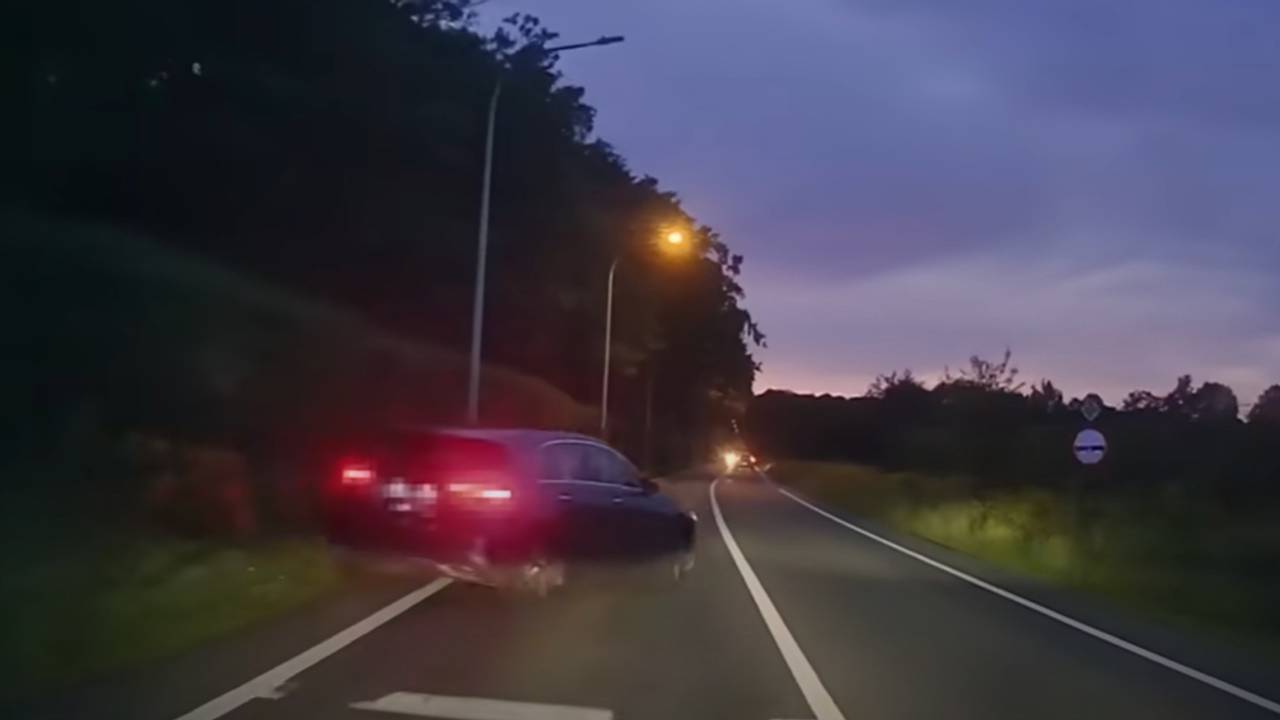Rising Global Incidence of Young Adult Cancers Sparks Concern
The cancer landscape is shifting dramatically, particularly affecting young adults and adolescents. Recent studies reveal a troubling increase in cancer incidence among this age group worldwide. Research published in the "Global Burden of Disease Study" highlights the challenges posed by early-onset cancers, revealing urgent public health implications that demand immediate attention.
Understanding the Surge: Key Findings
This year, the GLOBOCAN estimates for 2022, published in CA: A Cancer Journal for Clinicians, underscore the significant rise in cancer cases affecting young adults. The report includes data from 185 countries and encompasses 36 distinct types of cancer, shedding light on global patterns of incidence and mortality. It serves as a vital resource for understanding how cancer trends evolve over time.
Fast Facts:
- Rising Numbers: Colorectal cancer has seen a marked increase in diagnosis among adults under 50, doubling in incidence rates over the past three decades, particularly in developed nations.
- Impact on Young Women: Additionally, studies indicate a growing burden of stomach cancer, impacting primarily adolescents and young women.
- Wider Implications: The consequences of rising cancer incidence extend beyond health implications. They pose considerable economic strains on healthcare systems, driving up medical costs and necessitating significant public health policy adjustments.
Closing the Gap: National and Global Responses
According to the Global Burden of Disease Study, the increase in young adult cancers is attributed to several risk factors, including lifestyle choices, genetic predispositions, and environmental influences. Experts emphasize the necessity of public health initiatives aimed at early detection and prevention as vital components in addressing this alarming trend.
Expert Insights:
Dr. Lorelei Siegel, a leading oncologist involved in recent studies, states, “The data is clear: we must shift our focus to understanding the factors contributing to these rising rates and implement effective screening programs tailored for young adults.” This underscores the pressing need for concerted efforts to combat early-onset cancers.
Addressing Gaps: The Role of Technology
The advent of technology in oncology offers promising avenues for enhancing early detection and treatment. Innovations such as telemedicine, machine learning for risk assessment, and genomic profiling are on the frontier of transforming cancer care. Engaging technology stakeholders can help ensure that advancements translate into effective policies that address the specific needs of young patients.
Potential Technological Applications:
- Predictive Analytics: Utilizing algorithms to forecast cancer risks based on patient history and lifestyle.
- Data Integration: Creating comprehensive databases that aggregate patient data from diverse demographics to enhance research and understanding of cancer trends.
Community Engagement and Awareness
Raising awareness about the risks and symptoms of early-onset cancers is critical. Educational campaigns aimed at young adults can encourage proactive healthcare behaviors, leading to earlier diagnosis and improved outcomes.
Mobilizing Local Participation:
- Community workshops on cancer awareness targeting young adults.
- Collaboration with schools and universities to disseminate educational materials.
- Use of social media platforms to share personal stories and encourage dialogue around the subject.
Navigating Future Challenges
The implications of rising cancer instances in young adulthood prompt urgent action from healthcare providers, policymakers, and communities. Continued research, along with enhanced health policy frameworks, could provide a roadmap for addressing these challenges head-on.
Experts stress the importance of early screening initiatives and lifestyle interventions to mitigate risk factors linked to various cancers. Advocates are also calling for policies that enable better access to care and resources tailored to younger communities, promoting resilience against this disease.
Your thoughts on this evolving public health issue are valuable. Have you or someone you know been impacted by young adult cancers? Share your insights and experiences in the comments below. ENGAGE with us and let’s create a conversation around this urgent matter.


